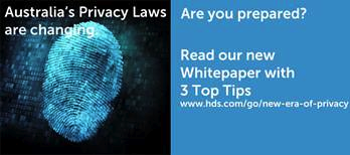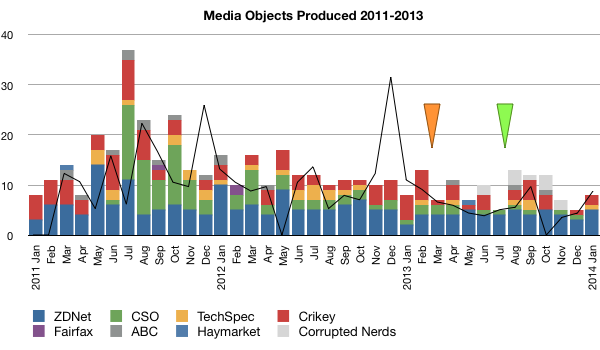![]() Interesting news today that Facebook will start using Google’s browsing history data to better target their advertising. It triggered an equally interesting conversation just now on 1395 FIVEaa Adelaide.
Interesting news today that Facebook will start using Google’s browsing history data to better target their advertising. It triggered an equally interesting conversation just now on 1395 FIVEaa Adelaide.
According to the USA Today report run on Fairfax mastheads, Facebook is looking to ramp up revenue as it competes with Google for advertising dollars.
“Let’s say that you’re thinking about buying a new TV, and you start researching TVs on the web and in mobile apps. We may show you ads for deals on a TV to help you get the best price or other brands to consider. And because we think you’re interested in electronics, we may show you ads for other electronics in the future, like speakers or a game console to go with your new TV,” the company said.
Afternoon presenter Will Goodings wanted to chat about the privacy implications. But then I showed him the recent Bloomberg report which described how researchers could use smart meters — the electricity kind — to figure out what TV programs you were watching by analysing the TV’s power consumption patterns.
Here’s the full interview, plus the subsequent conversation with lawyer Paul Gordon from Finlayson’s Lawyers, who called in while we were chatting.
Podcast: Play in new window | Download (12.2MB)
The audio is ©2014 dmgRadio Australia.



 On Tuesday, news reached us that two men connected with the digital currency Bitcoin had been
On Tuesday, news reached us that two men connected with the digital currency Bitcoin had been